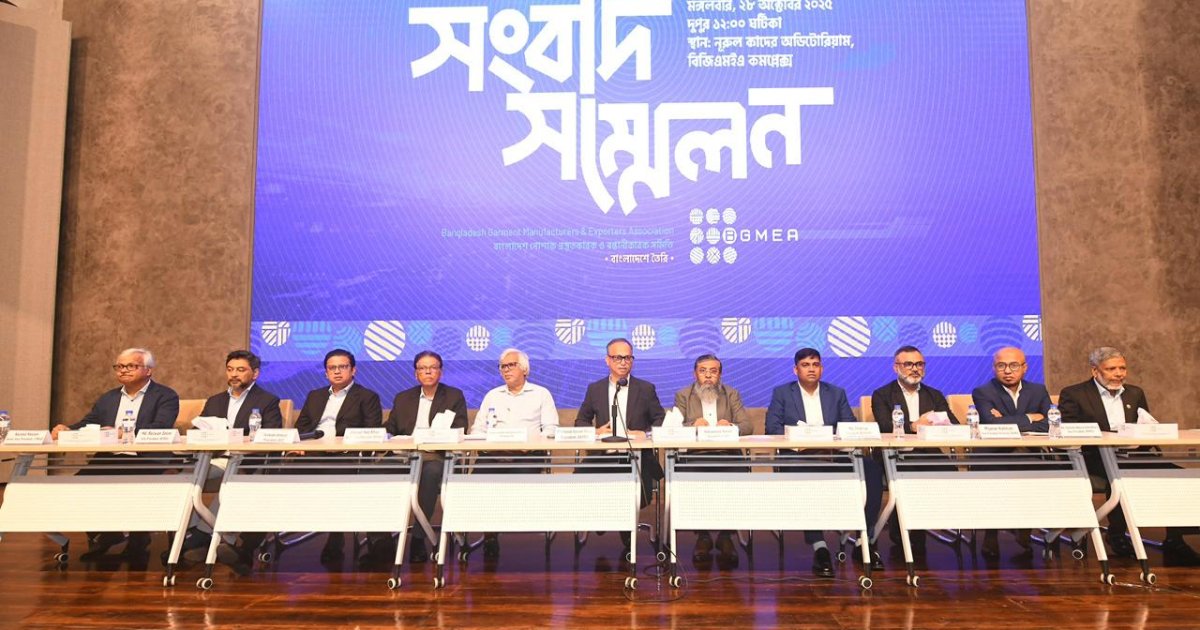Bangladesh Garment Manufacturers and Exporters Association (BGMEA) president Mahmud Hasan Khan Babu said he failed to meet with the interim government’s chief advisor Dr. Muhammad Yunus for four months despite asking for time on the current crisis and policy issues of Bangladesh’s readymade garment (RMG) industry.
He made this complaint at a press conference at the BGMEA Complex building in Uttara in the capital on Tuesday.
Babu further said: “It is necessary to find a solution by sitting in discussions with someone. But we have repeatedly asked for time for four months but have not met the chief advisor. However, when the vice president of SpaceX comes to the country, we meet with him – a company that wants to invest $100 million. But there is no time to meet with representatives of the $40 billion RMG industry.”
He said that the country’s overall manufacturing industry, including RMG, is now facing an unprecedented challenge. In such a situation, the government recently gave in-principle and final approval to the “Bangladesh Labour Law Amendment Ordinance 2025.”
The press briefing was organized to exchange views on various problems in the industrial sector, including the amendment of the labor law, LDC graduation, and the increase in Chittagong Port’s toll.
Regarding the amendment of the labour law, Mahmud Hasan Khan said: “After long discussions by the Tripartite Consultative Council (TCC) and the working committee, a balanced proposal was adopted to determine the number of workers in stages in the formation of trade unions. In the first stage, the opportunity to form unions was kept with the consent of at least 50 workers in factories with 50 to 500 workers. But later, in the meeting of the advisory council, it was unilaterally changed to 20-300 workers and the stages were divided into five.”
According to the BGMEA president, this decision is unrealistic and unreasonable.
“If a union is formed with only 20 workers, people who are not directly involved with the factory can join it. This will create internal conflicts among workers, instability in the industry and the risk of disruption of production. In addition, investor confidence will decrease and entrepreneurs will be discouraged from establishing or operating new enterprises,” he added.



